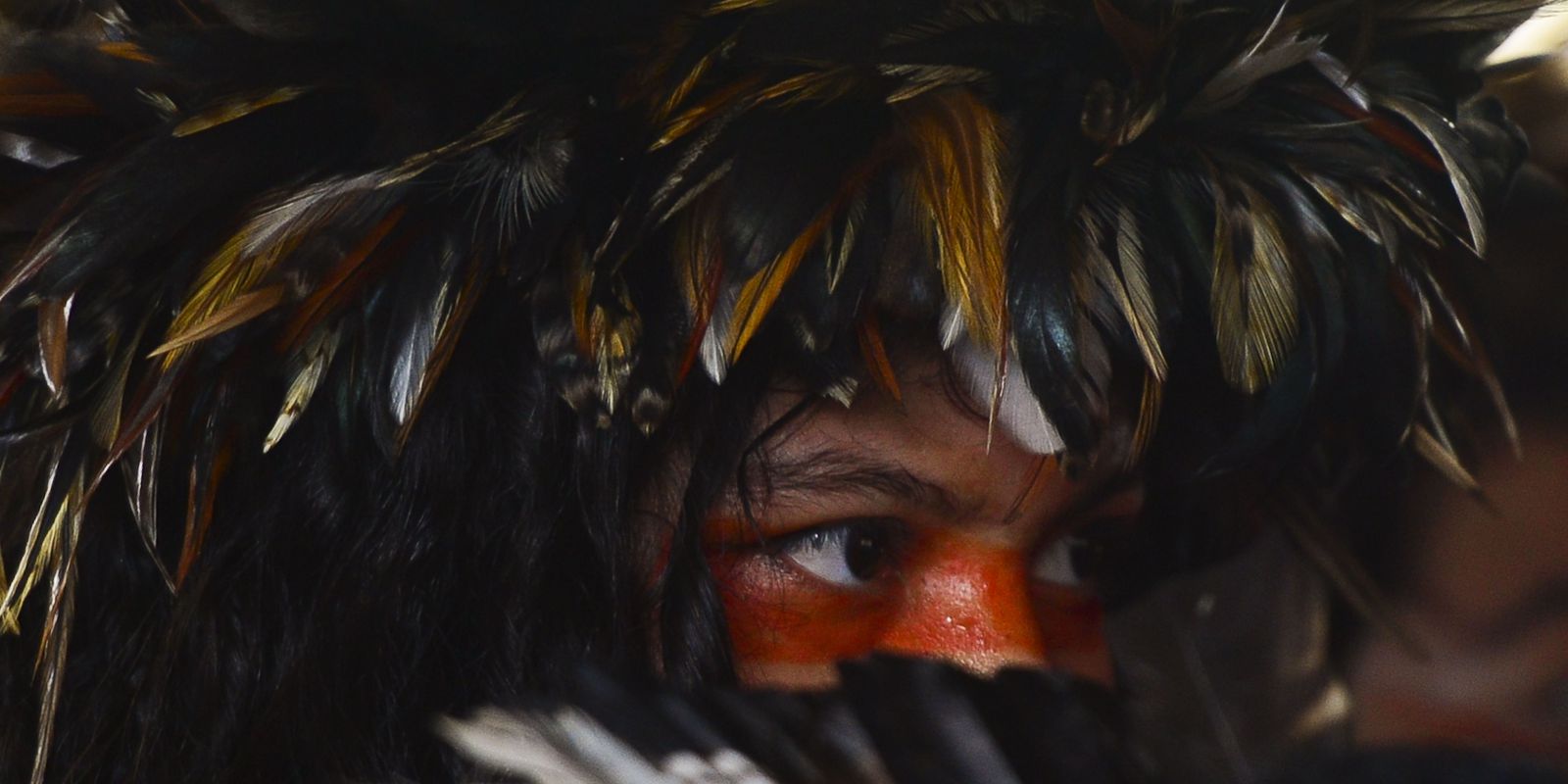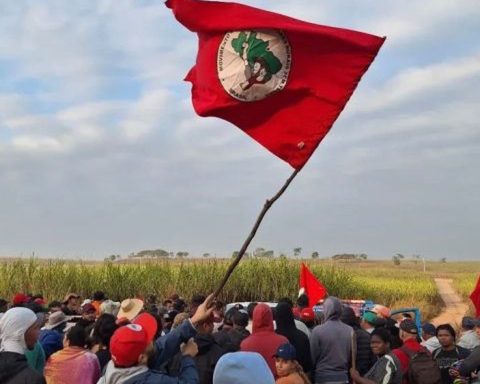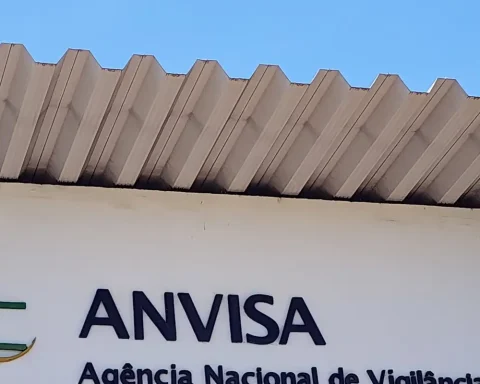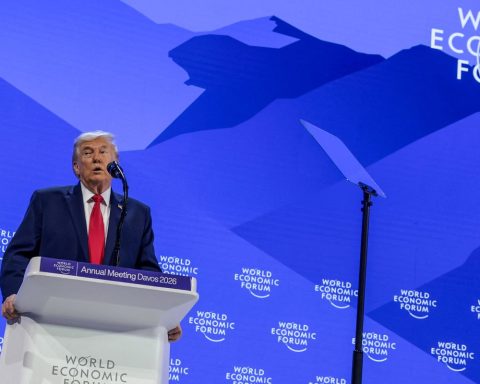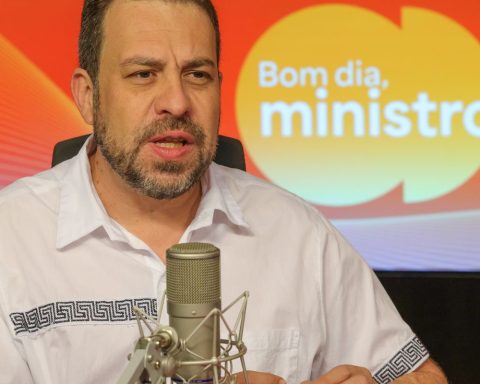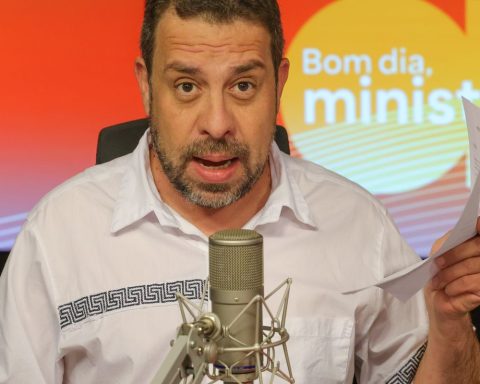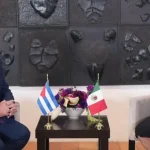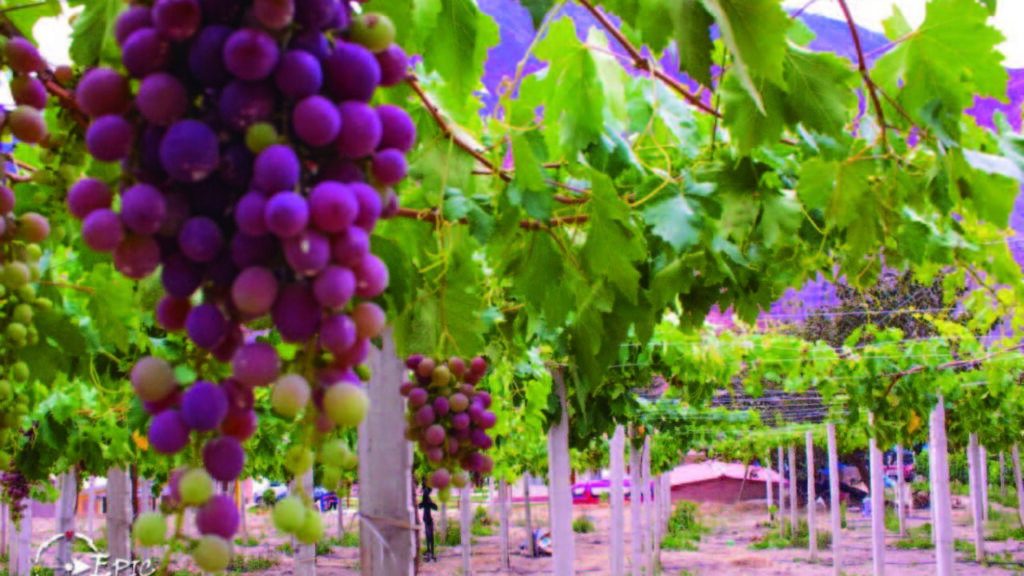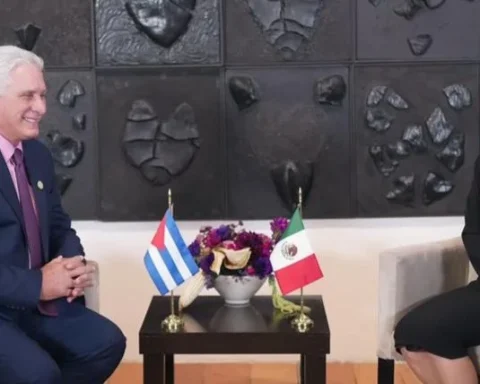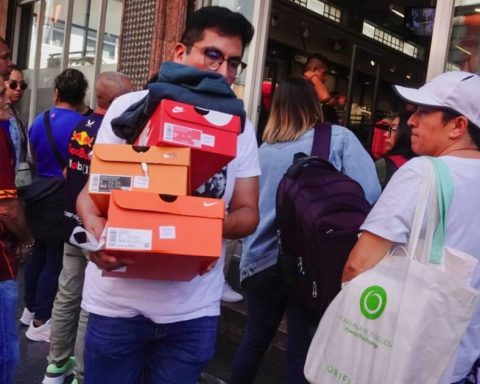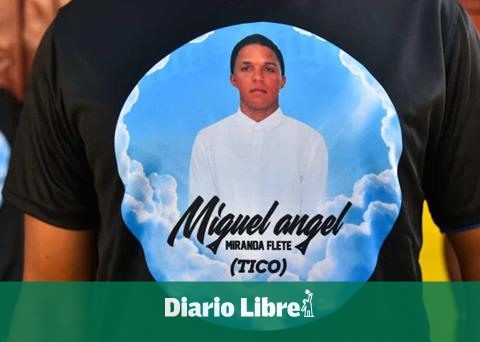On Indian Day, celebrated this Tuesday (19), the Superior Electoral Court (TSE) published the TSE Ordinance No. 367/2022, which institutes the Commission for the Promotion of Indigenous Participation in the Electoral Process. The commission will prepare studies and projects to promote and expand the presence of these peoples in the different phases of the elections. Coordinated by the advisor to the TSE Inclusion and Diversity Nucleus, Samara Pataxó, in practice the collegiate will plan actions with the objective of strengthening the exercise of the indigenous electoral capacity, respecting their respective customs, languages and social organization.
Samara points out that the commission, made up of other indigenous people, should also act in activities that promote the confrontation of indigenous under-representation in politics, in order to assist the Electoral Justice in its commitment to expanding the exercise of citizenship by native Brazilian peoples.
“At the institutional level, the TSE has already made efforts in this regard, not only with regard to indigenous peoples, but also other underrepresented groups. But we need to further enrich this debate within the framework of the Electoral Justice. These small advances are significant and must be celebrated, as they point to a better future, aiming at greater indigenous participation in the electoral process,” said Samara.
Inclusion and Diversity
This is not the TSE’s first initiative this year focusing on minorities. Under the presidency of Minister Edson Fachin, who took over the Electoral Court in February, the Court’s Inclusion and Diversity Nucleus was created. The group’s role is to strengthen the Court’s work on issues related to increasing political participation by different audiences, with a focus on women, blacks, the LGBTQIA+ population and indigenous peoples.
Samara Pataxó said that spaces for discussion of the topic are a way of resuming the plural debate on the participation of these people in the country’s democracy, since, according to her, the indigenous peoples of Brazil only conquered full citizenship, in the normative sense, after the Federal Constitution of 1988. “Before that, the condition of being indigenous was very limited and we were considered relatively incapable in civil life, which also implied the exercise of political rights. Since then, the indigenous person has become a full citizen, voting, applying and exercising their rights and duties,” she recalls.
Numbers
According to the Brazilian Institute of Geography and Statistics (IBGE), the estimated population of indigenous people in the country is more than 857 thousand people, with 305 peoples and 274 different languages. In the 2018 general elections, 133 indigenous people ran for governor, senator, federal deputy and state and district deputy. In the 2020 municipal election, 2,216 indigenous candidates ran for mayors and city councils in Brazil.
